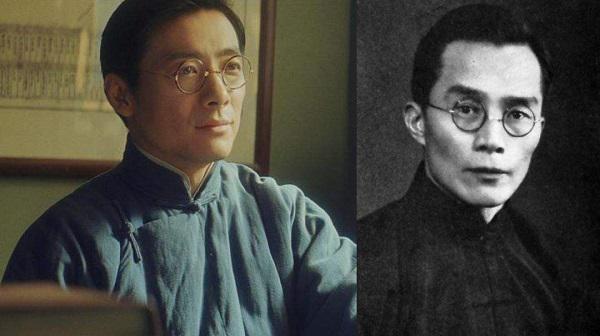The Chinese movie Forever Young hit big screens in China on January 12, 2018, attracting the attention of Chinese Christians.
Originally supposed to be released with the 100th anniversary of Tsinghua University, one of China's top universities, in 2011, the movie tells the stories of four generations of students from Tsinghua University chasing their dreams and love.
It also presented the contributions of Mei Yiqi, known as Tsinghua's "president-forever", to Tsinghua University, reminding Chinese Christians to remember his story.
Born in Tianjin in 1889, Mei became one of the first Boxer scholarship students to study aboard. Recommended by Zhang Bo Lin, a Chinese educator and devout Christian, Mei studied at Worcester Polytechnic Institute and became a Christian there.
After returning to China in October 1914, he served as executive director of the Tianjin YMCA. Almost one year later, he started teaching in Tsinghua University, marking the beginning of his lifelong service at Tsinghua. Later he worked as a professor of physics and dean.
At the end of 1931 when Tsinghua had no president for as long as eleven months, Mei was appointed. He said in his inauguration speech, "Having benefited from the study abroad program offered by Tsinghua, I ought to serve Tsinghua and my service was an obligation. So I have to exert myself to do it."
The man of few words practiced Jesus' teaching -- "not to be served but to serve." He served as president of Tsinghua from 1931 to 1948.
After his death in 1962, his wife opened the suitcase he kept with him during his hospitalization and found a detailed account of the Tsinghua Fund in it.
From his presidency on, Tsinghua quickly rose to fame in academic circle. Many Bible study classes appeared on campus and the university adhered to Cai Yuanpei's educational philosophy of "freedom of thought and inclusiveness."
One of Mei's famous quotes said,"What makes a good university is not the number of buildings it can have, but the number of great scholars, professors, and masters."














